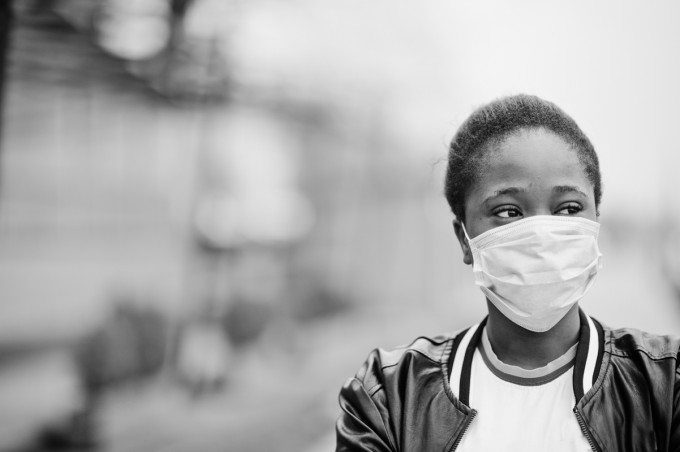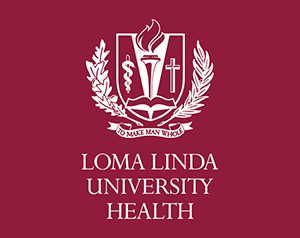Nursing & Healthcare News
Race, Mistrust and Pandemics
Survey finds Black Americans wary of potential COVID-19 vaccine

One of the big questions about any COVID-19 vaccine is whether people will take it. A new survey from the Kaiser Family Foundation (KFF) and ESPN’s The Undefeated found that only 50 percent of Black adults would get a COVID-19 vaccine, even if it were available for free.
Haunted by the Past
The hesitancy Black respondents expressed isn’t the usual antivaxx rhetoric. While many white respondents who said they wouldn’t get a COVID-19 vaccine underestimate the risks of the disease, most Black respondents are painfully aware of the danger the pandemic presents. Black adults are twice as likely as their white peers to know someone who has died of COVID-19.
However, more than 60 percent of Black respondents are skeptical that a newly introduced vaccine would really be safe. “I don’t trust the medical community because of mistakes in the past,” said one older Black man.
Persistent Bias
Skepticism about a COVID-19 vaccine is only one facet of Black Americans’ mistrust of the healthcare system, which stems from persistent bias, discrimination and a lack of providers who understand Black patients’ perspective. Seventy percent of Black respondents say racial discrimination is common in healthcare settings, particularly for Black women with children.













